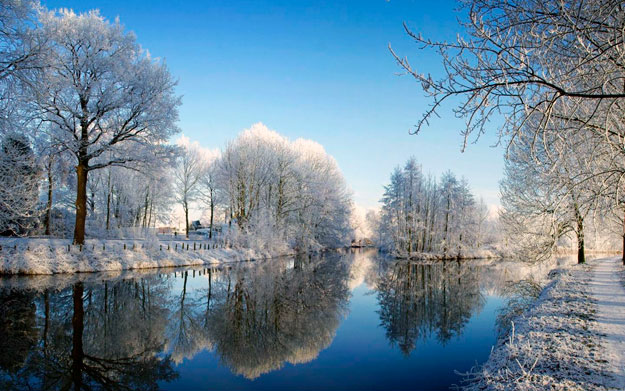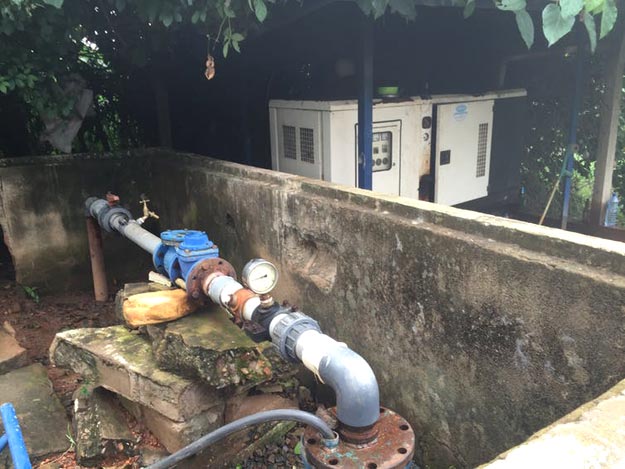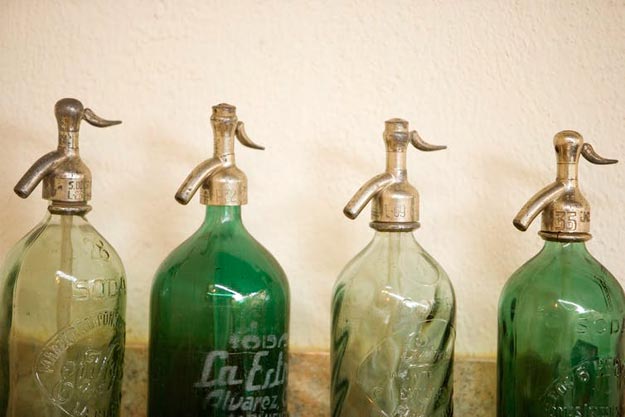The Earth Observatory Web site of NASA is a vital portal, not only providing data that help scientists clarify global conditions and trends but also reminding people, once in awhile, of the special nature of this pale blue (and green) dot.
Today’s images show the scope of two unfolding disasters — involving excessive fire and water — related to extreme climate conditions that are projected to become more frequent in a heating world.
 The fires sweeping parched, baked peat bogs and forests in western Russia have raised a vast smoke pall captured by NASA satellites. (See similar images of Canada’s smoke pall to get a sense of the severity of the Russian blazes.) Read more
The fires sweeping parched, baked peat bogs and forests in western Russia have raised a vast smoke pall captured by NASA satellites. (See similar images of Canada’s smoke pall to get a sense of the severity of the Russian blazes.) Read more











